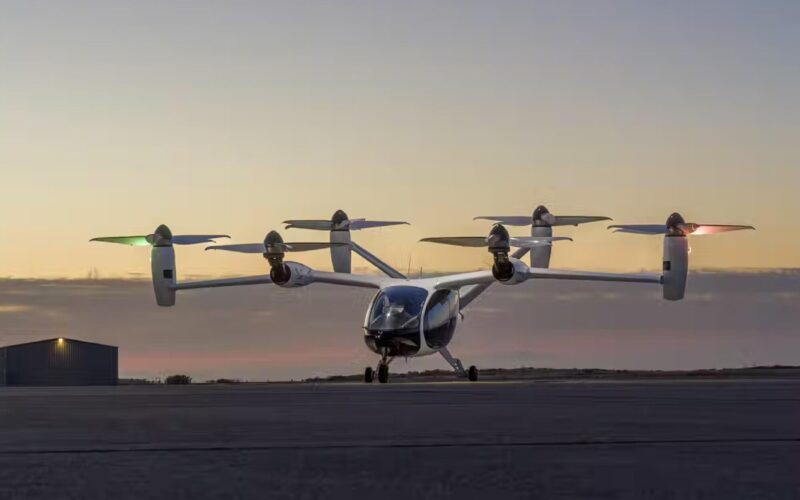Joby Aviation, the California-based developer of commercial all-electric aircraft, has applied for its aircraft design to be certified for use in Japan.
The announcement, which was made on October 18, 2022, follows a recent agreement between Japanese and US regulatory authorities to deliver a streamlined approval process for US applicants who wish to validate their eVTOL designs in Japan.
Joby applied to the Japan Civil Aviation Bureau (JCAB) for the validation of a pending Federal Aviation Administration (FAA) “type certification” for its all-electric Joby S4 aircraft design to be certified for commercial use in Japan.
According to Joby Aviation chief executive JoeBen Bevirt, the approval will unlock “the potential for electric aerial ridesharing to offer a new form of clean and affordable urban and regional connectivity across Japan.”
“With 92% of residents living in urban areas, we have a spectacular opportunity to save people time in congested cities like Tokyo, Yokohama, and Osaka while also reducing their impact on the environment,” the CEO said.
Joby also said it believes it is the first eVTOL manufacturer to apply for foreign validation of an FAA-type certificate.
While Joby expects the US to become its first operating market, in July 2022 the developer formally applied for foreign validation of the FAA type certificate in the United Kingdom.
What is special about the Joby S4 eVTOL aircraft?
Built as a piloted on-demand air taxi service, the Joby S4 is intended to be capable of flying up to 150 miles (240 kilometers) on a single charge at a top speed of 200 miles per hour (around 320 kilometers per hour).
The all-electric air vehicle is powered by six rotors and can carry five people, including the pilot.
But development of the Joby S4 has not been without problems and, back in February 2022, a remotely controlled prototype crashed as it was carrying out a test flight. However, flights resumed in late March 2022 with a second pre-production aircraft.

